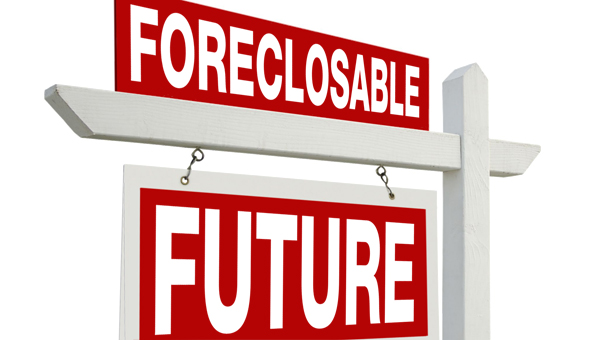Paul Weiser, shareholder and co-chair of Buchalter Nemer, uses the term “blend and extend” to describe the attitude between landlords and tenants during the recession. This is the dark side of being a tenant-landlord lawyer, he says. This robbed many landlords of their ability to part with tenants who couldn’t afford to pay the full rent. Now, Weiser says, landlords are more comfortable taking their chances with kicking out bad tenants.
This is where his business picks up.
Landlords are engaging attorneys before locking out a tenant to review the lease and default letters to make sure all requirements for a lockout have been met.
“It’s sort of still more back to the pre-recession normal,” Weiser says. “Tenants, at times, are a little more cautious about long-term leases because they don’t have that absolute faith in the continued growth of the economy. You might see more tenants taking less space initially…a right of first offer or refusal so they can grow into space but not obligated to take on more than they need up front.”
Weiser, who has represented landlords who have signed tech tenants, says modern landlords needs to embrace flexibility.
Another concern building owners should be looking at in the near future is the number of CMBS loans due for refinancing in 2017. Dave Miller, CCIM, Chicago Title, and his team reported that of all loans totally more than one million dollars, 287 loans will reach maturity by the end of 2017.
Of the four major property types (retail, multifamily, industrial and office), office is the most likely to default, followed by multifamily, retail and industrial.
“We’ve always had a tendency to overbuild retail and office,” Miller says. “It’s a function of over exuberance when the market is stabilized. It never got absorbed. Some have been traded twice already and still not leased up. The third owner has a chance of making money.”
Miller points out that Arizona is behind the curve in office and retail, but ahead of the game on industrial and right on track with multifamily.
“Most properties are at values where they can be sold and new debt brought to the table,” Miller says. “This means there won’t necessarily be a foreclosure.”
The leading reasons behind commercial foreclosures, he says, is poor management or structural default. Owners with good, national sponsorships may also be saved from foreclosure or defaulting on a loan. Despite all this, Miller says he’s more optimistic than most people.
“I’m convinced that next year, we’re gong to see the velocity increase to acquire properties,” Miller says. “Of velocity and volume of transactions … we may see a 25 percent increase.”




